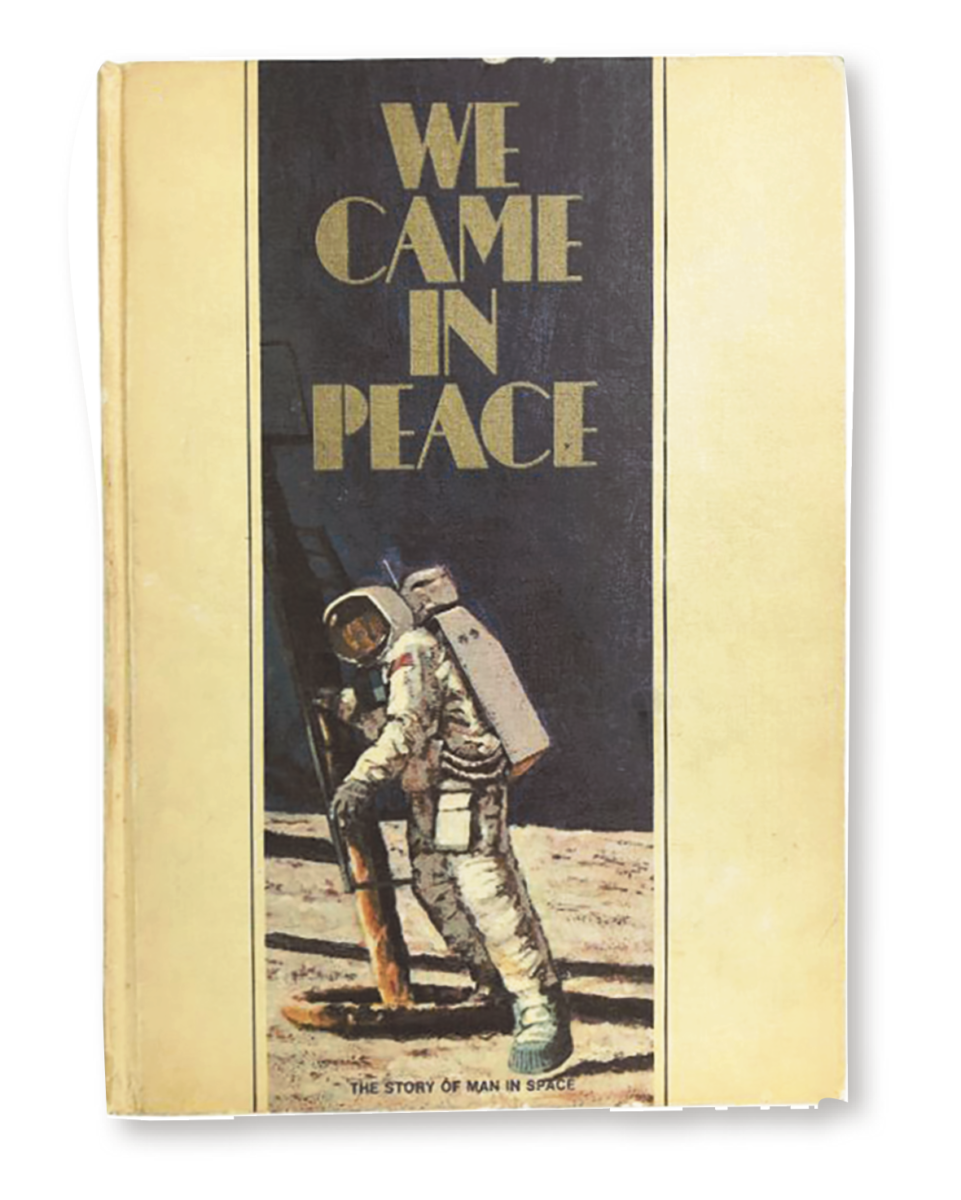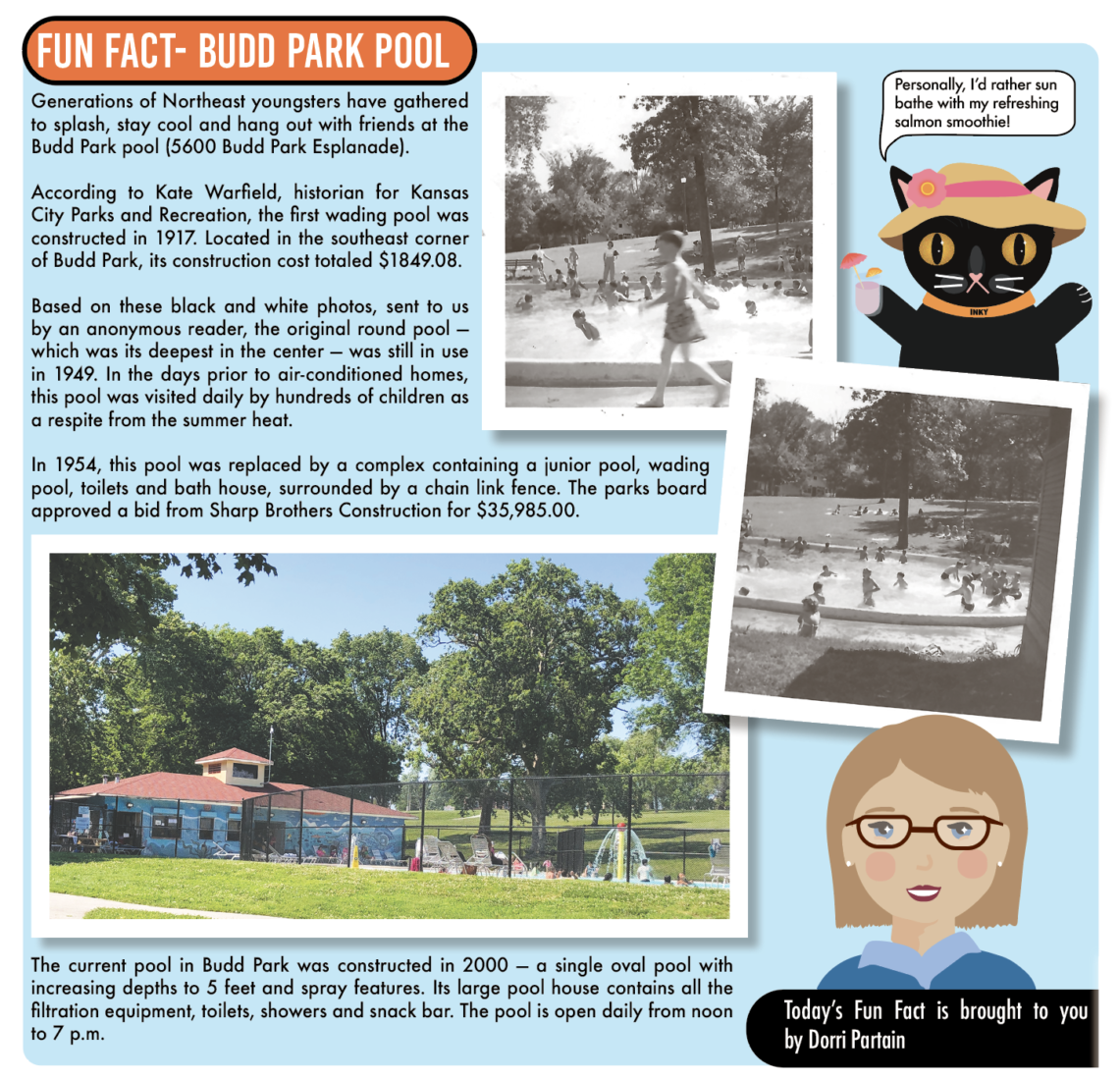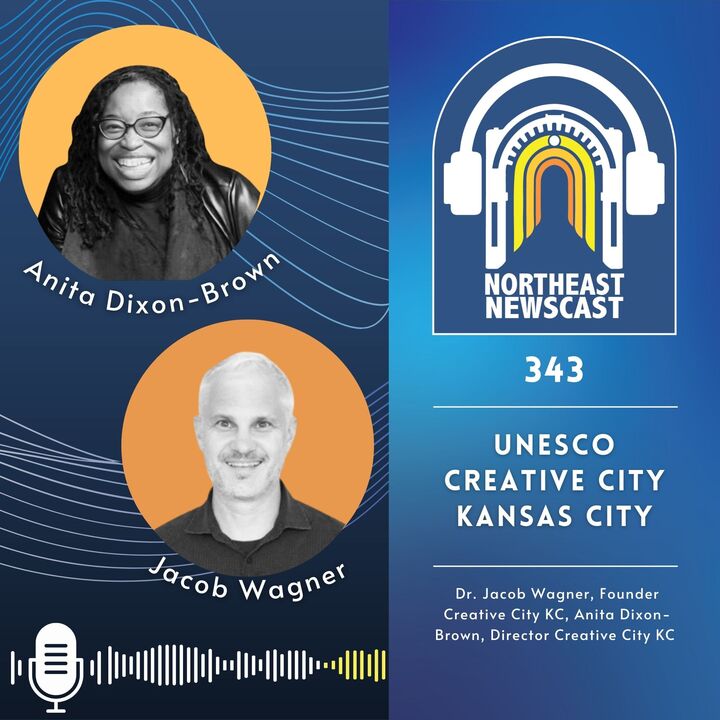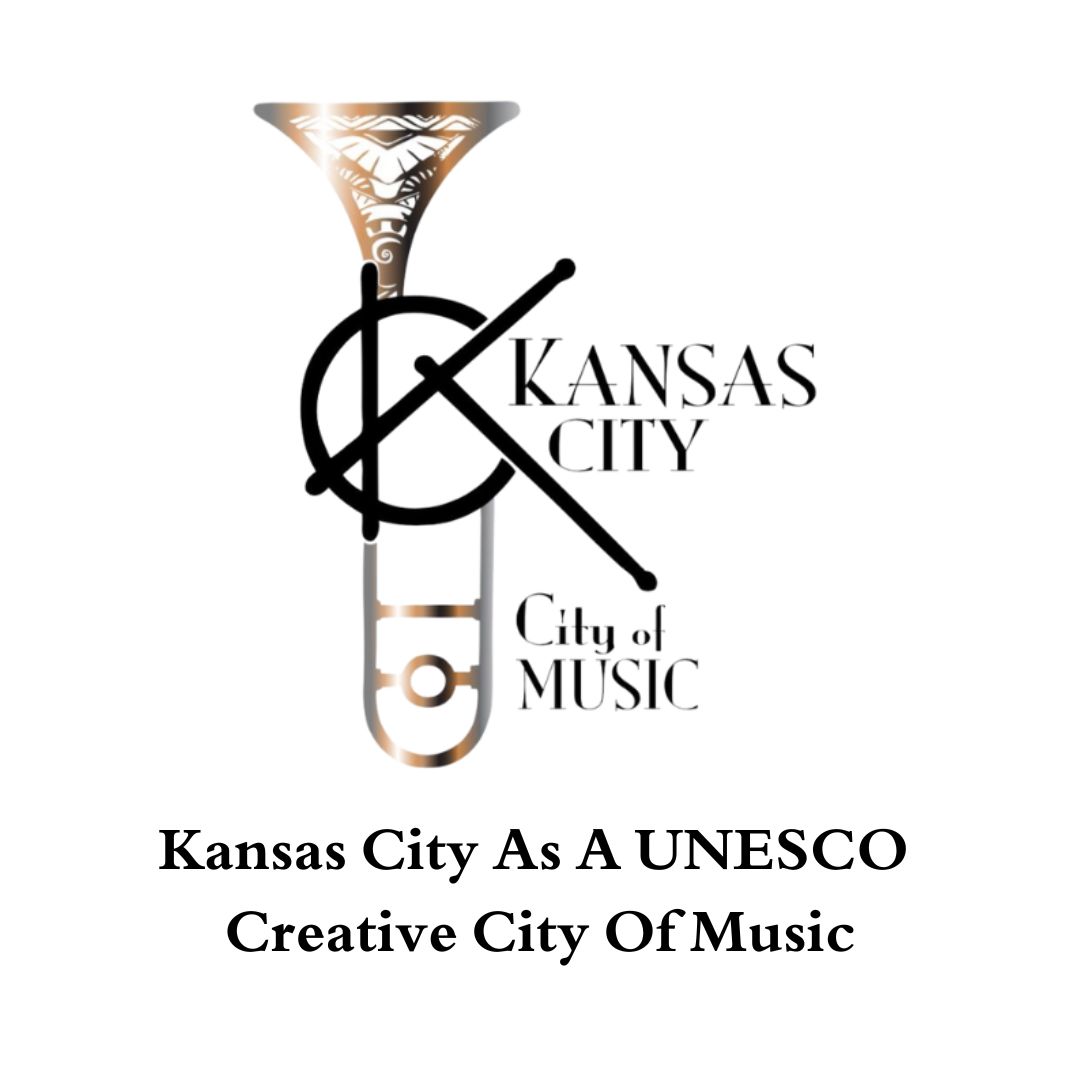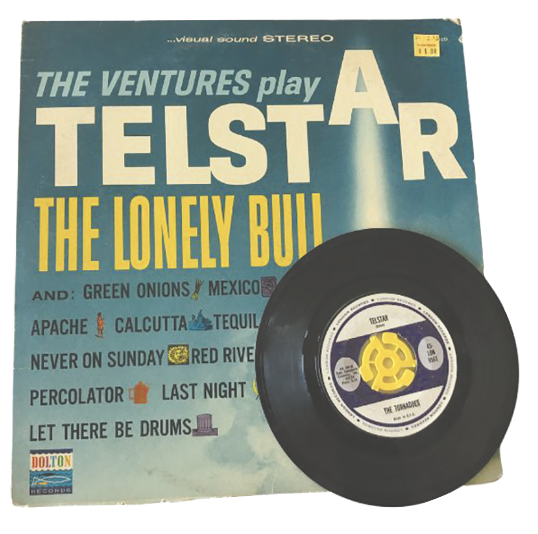
Dorri Partain
Assistant Editor
The mid-Twentieth Century “Space Race” inspired a Number One hit for a little-known British band.
Launched from Cape Canaveral atop a Thor-Delta rocket on July 10, 1962, Telstar was the first communications satellite to orbit the Earth. A joint project between the United States, Britain and France, the satellite received television signals from the ground, amplified them, and retransmitted them between the three nations.
Telstar was created by Bell Laboratories as a 3 foot sphere surrounded by solar panels and antennas, and weighed about 170 pounds.
Fascinated by this new technology, British composer and producer Robert “Joe” Meek (1929-1967) composed an instrumental song he named “Telstar”. A band he had created, The Tornadoes, recorded and released the song as a 45 rpm single later that month.
Along with Clem Cattini on the drums, Alan Caddy on guitar, Roger LaVern on keyboards, George Ballamy on rhythm guitar, and Heinz Burt on bass, the band was joined by Geoff Goddard playing the clavioline and providing wordless vocals to give the tune its outer-worldly vibe.
The song soared to the top of the charts in the United Kingdom and stayed for five weeks. Worldwide, the record sold five million copies.
American rock band The Ventures recorded the tune to include on the 1963 album, The Ventures play Telstar, adding an organ to their usual driving guitar sound to mimic the original hit. Their version, at 2:37 minutes, was shorter than The Tornadoes’ recording at 3:14 minutes, and never released as a single.
Meek committed suicide in 1967 but is still considered a genius among record producers. Telstar’s abilities were compromised by radiation in the Van Allen belt and was deactivated in February 1963. Telstar 2 was launched May 7, 1963. Deactivated in 1965, the satellite continues to orbit Earth.


